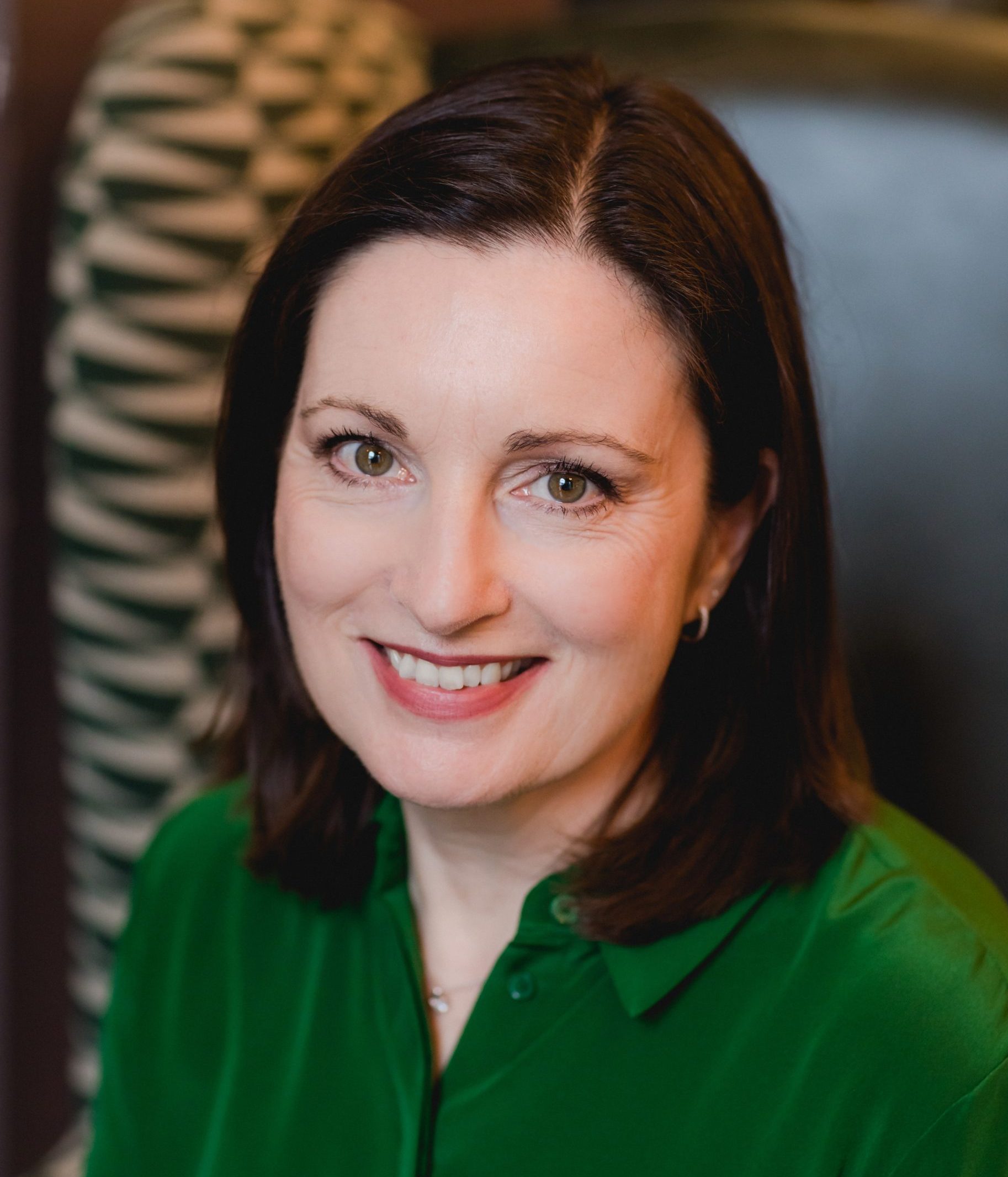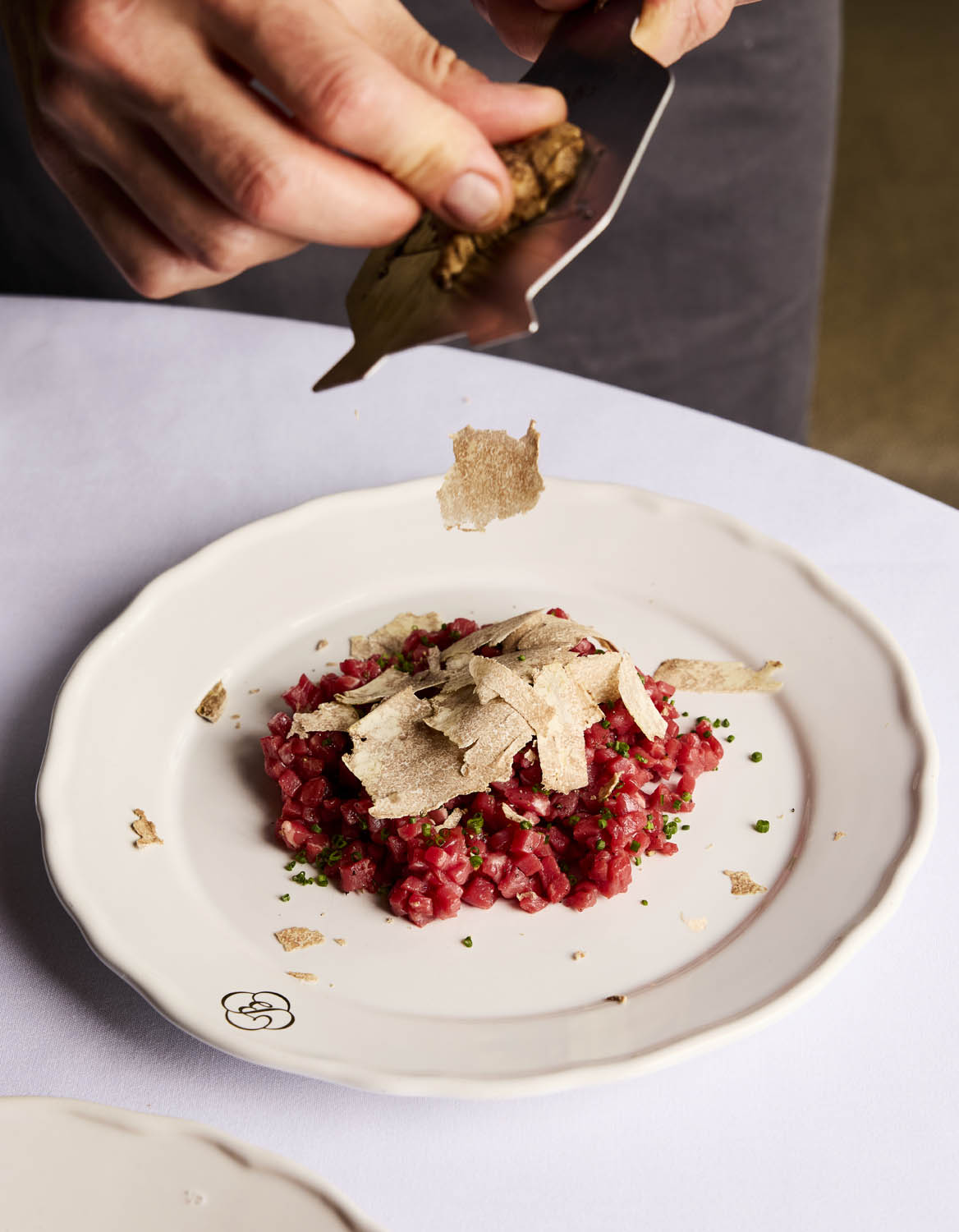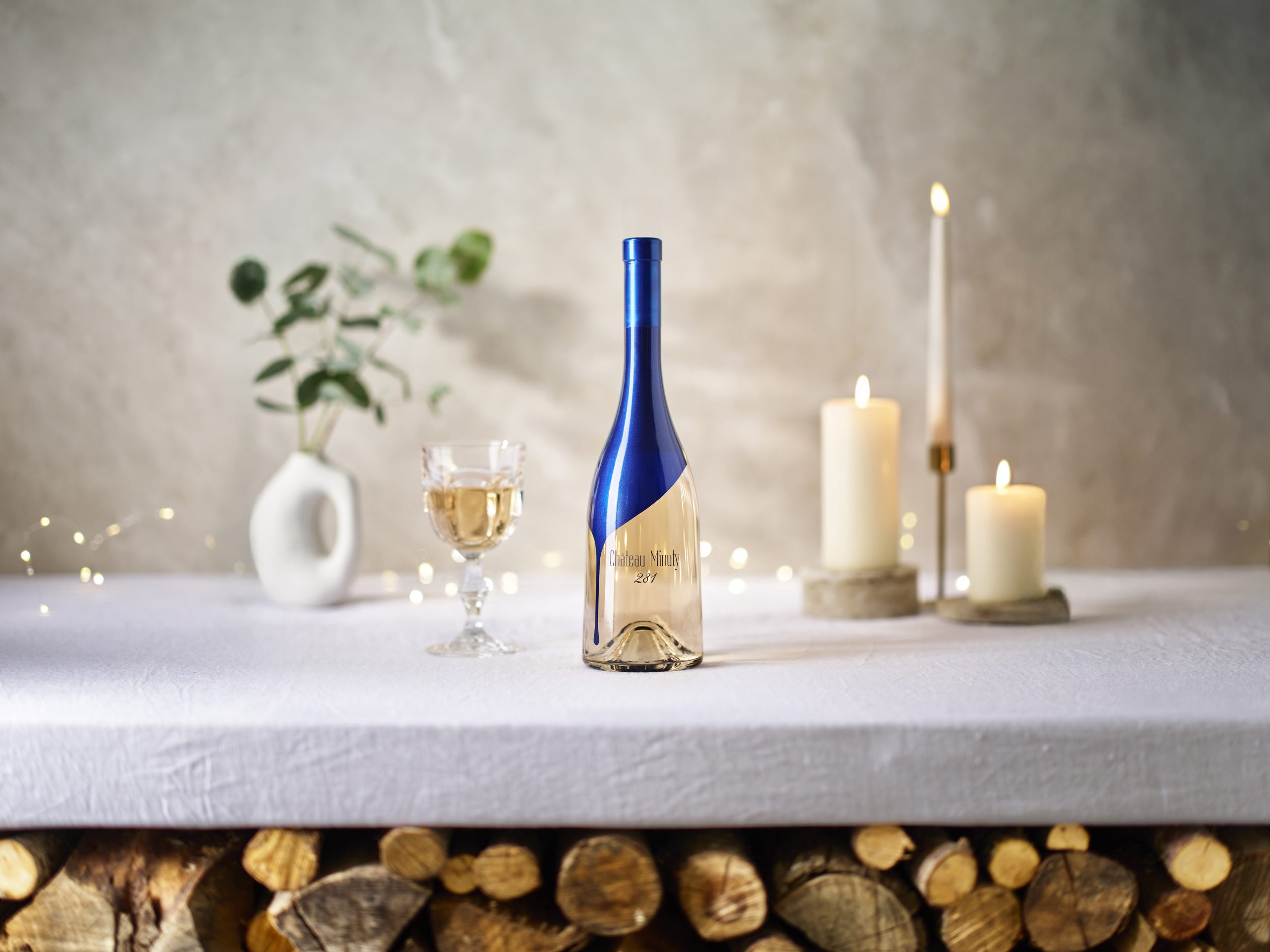Cypher promotes its alcohol-free wines as lifestyle products
Languedoc producer Cypher is appealing to both drinkers and non-drinkers with its award-winning dealcoholised wines.
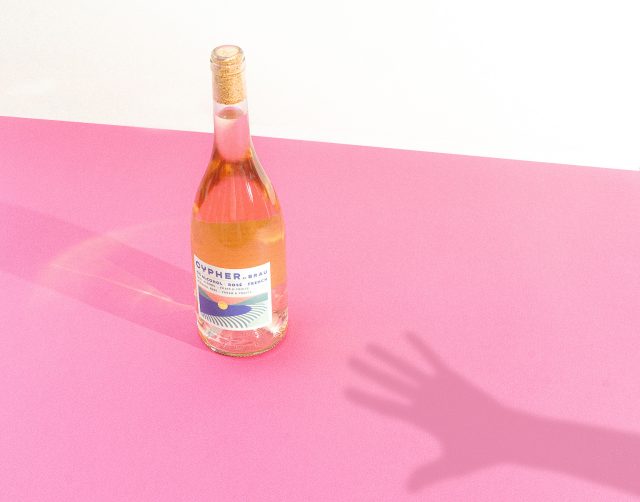
Is it promoting a surfing holiday or a beverage? It is a valid question on first seeing wines from Cypher, a new brand on the alcohol-free scene. The bottles and cans are adorned with 1970s-esque graphics, muted colours and chunky typography. Everything seems to evoke simple carefree pleasures, with a lacing of postcard-perfect nostalgia.
This is, of course, by design. The alcohol-free wines have a fine pedigree, as the brand is a project of Domaine de Brau, based in the Languedoc’s small Cabardès appellation. Yet Fabien Revol, half of the founding duo behind it, is especially keen to position it as a lifestyle brand.
Although many portray the current market as a zero sum game, in which alcohol-free products steal market share from traditional wines, Revol sees Cypher existing in its own category. Rather than acting as a substitute for wine, it is intended to stand independently in the non-alcoholic market.
He points to statistics from Wine Intelligence that it is not just teetotallers turning to alcohol-free drinks. Its recently published ‘Opportunities in Lower and No Alcohol Wine 2023’ report indicates that 50% of drinkers are actively reducing their alcohol intake, many through low-and-no drinks. This would imply the category has opportunities to appeal to drinkers and non-drinker alike.
Indeed, as Revol explains, it was existing clients of his alcoholic wines that suggested the project. Since they saw him frequently creating new cuvées, they would ask if he had ever considered an alcohol-free wine. He also credits his wife with the inspiration: “being a yoga teacher, she is constantly feeding me with new ideas about health conscious trends.”
Cypher is therefore responding to a range of reasons for moderation and teetotalism. Together with long established reasons – religion, health or personal taste – there is growing recognition of other rationales. Some may avoid alcohol on ethical grounds. Others might abstain due to sporting commitments. There is also an increased awareness that some people simply do not enjoy drinking while socialising.
Many of these concerns are mirrored in the product itself. Firstly, the wine comes with clear health benefits. At an average of 12 calories per 100 millilitres, it is around seven times less calorific than alcoholic wine and half that of non-alcoholic beer.
The wines also meet ethical and environmental concerns. The smartly designed packaging uses recycled labels and cardboard, as well as eco-friendly water-based ink. Cypher therefore aligns with several key consumer trends: informal branding, healthier options and environmental consideration.
Backing up the product, however, is more than just savvy branding. The winemaking is built on the same principles of high-quality as the domaine’s Cabardès AOC wines. In itself, that is a statement of intent: the alcohol-free brand is of a high enough quality to be marketed along the estate’s ‘regular’ wines.
All the grapes for the Cypher wines are organic, farmed sensitively in the vineyards to the north of Carcassonne. The vineyards date back 150 years, a heritage of old vines that concentrates aromas and helps ensure quality.
In the case of the Cypher range, the wines are gently de-alcoholised through vacuum evaporation, before having aroma compounds carefully restored to the wine. The challenge, Revol says, is “maximising the fruitiness and acidity” in the wines. Working on the alcoholic range has assisted in that goal, since most of those cuvées already sit below 12.5% ABV.
The quality on show is evidenced in the brand’s growth. Despite only launching in 2023, it is already on sale in a wide range of French wine stores. It is targeting markets even further afield, including the UK, northern Europe and the USA.
Partner Content
It has also gained attention in international competitions. Cypher’s range of non-alcoholic wines secured four medals at the drinks business Spring Tasting 2024, judged by experts in wine and in alcohol-free beverages. These are detailed below, with tasting notes from the judges.
Cypher Baby – White Sparkling
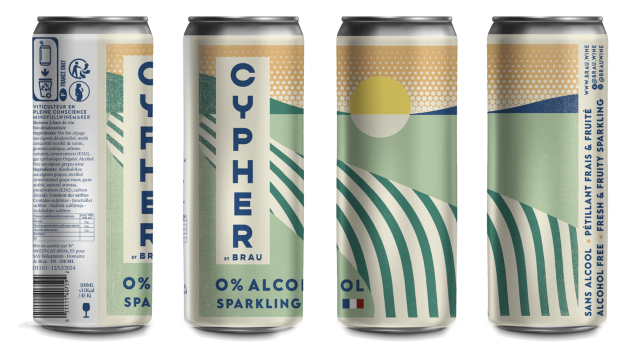
- Producer: Brau
- Region: Languedoc
- Country: France
- Vintage: 2023
- Grape varieties: 100% Sauvignon Blanc
- ABV: 0%
- Residual sugar: 2.8g/100ml
- Approx. retail price: £5
- Medal: Bronze
Pale gold with green fruit, melon and a hint of fresh bread. Gently sparkling, showing medium sweetness and then crisp acidity. A fresh and fruity alcohol-free option.
Cypher Baby – White Sauvignon Blanc

- Producer: Brau
- Region: Languedoc
- Country: France
- Vintage: 2023
- Grape varieties: 100% Sauvignon Blanc
- ABV: 0%
- Residual sugar: 2.8g/100ml
- Approx. retail price: £5
- Medal: Silver
Yellow-gold in the glass, displaying tropical fruit aromas – guava and mango especially – against hints of spice. A lean, dry palate, with crisp acidity, stone fruit and nice complexity.
Cypher White
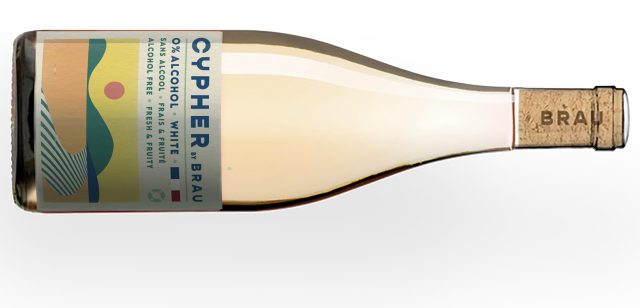
- Producer: Brau
- Region: Languedoc
- Country: France
- Vintage: 2023
- Grape varieties: Roussanne & Colombard
- ABV: 0%
- Residual sugar: 2.8g/100ml
- Approx. retail price: £12
- Medal: Silver
Aromas of grass, nettle, kiwi and gooseberry appear in this refreshing, pale lemon-green wine. Juicy and light-bodied, also showing crisp acidity and decent length. A very enjoyable and versatile white for the price, which would work well with food.
Cypher Rosé
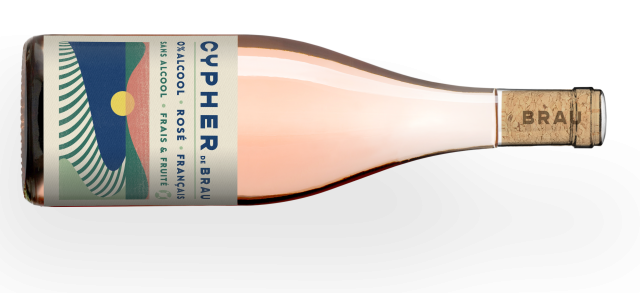
- Producer: Brau
- Region: Languedoc
- Country: France
- Vintage: 2022
- Grape varieties: 100% Grenache
- ABV: 0%
- Residual sugar: 2.3g/100ml
- Approx. retail price: £12
- Medal: Silver
A very pale rosé, almost peach coloured, that leads with a dry nose of herbes de Provence, red berries, stewed fruits and crushed red roses. Off-dry, but with lively acidity, and palate of apple, strawberry and citrus. Very wine-like, with good definition and length.
Related news
Zuccardi Valle de Uco: textured, unique and revolutionary wines
Non-vintage is ‘putting together a puzzle’ says Champagne Lallier

